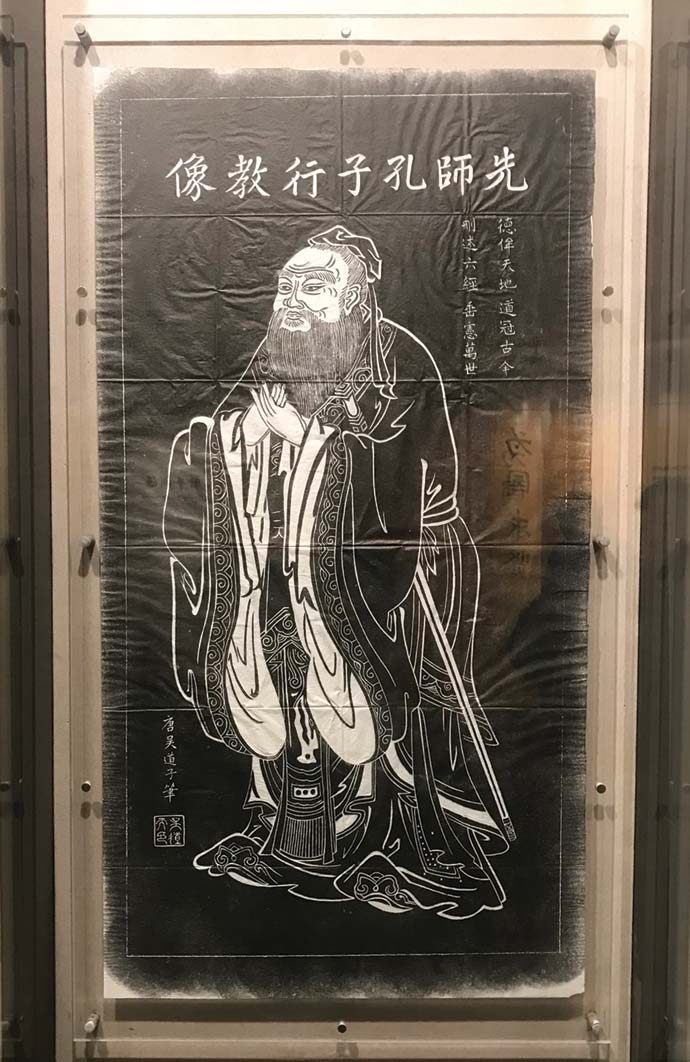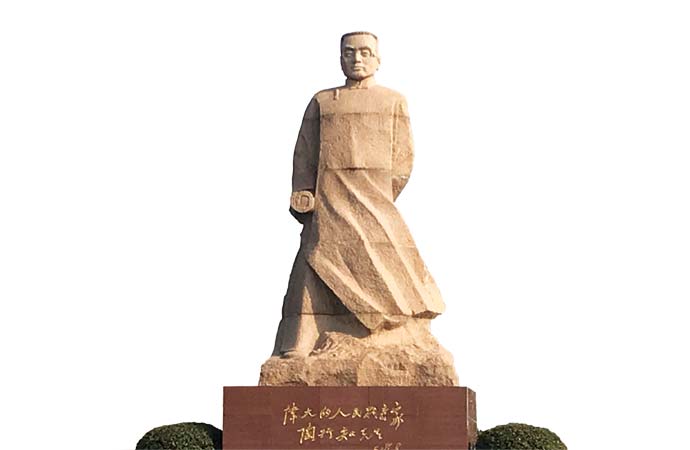Nanjing ranks first in China in the number of college students per capita and second in the number of post-graduate students per capita. The city’s more than 828,000 college students study at more than 50 colleges and universities, 75 research institutions and more than 800 national engineering technology centers. These students will become part of the metro’s talent pool of 2.5 million highly skilled workers in a wide variety of economic areas and zones dedicated to promoting industry-specific enterprises.

Tao Xingzhi, a renowned 20th century Chinese educator and reformer, founded Nanjing Xiaozhuang University in the heart of Nanjing, in 1927. Today, more than 18,000 students are enrolled at one of the university’s three campuses pursuing undergraduate degrees in one of 56 majors offered by 16 specialized schools. Two of these, the Schools of Teachers’ Education and Early Childhood Education, illustrate the importance Nanjing Xiaozhuang University places on teacher development.
The Schools of Information Engineering and Electronic Engineering are among the university’s other signature disciplines, notes Zhao Xiang Jun, Dean of the School of Information Engineering. Xiaozhuang always carries out the principle put forward by its founder, Tao Xingzhi, he notes: “Educate to give people the will and the ability to seek the truth,” and in doing so, he says, the school seeks to improve its educational quality. In the future, says the Dean, Nanjing Xiaozhuang University endeavors to create an open and internationalized comprehensive university that incorporates research and practices based on Tao Xingzhi’s philosophy, to improve Nanjing and greater China.
Where Investors Look for Talent
“Nanjing has the highest density of university students in China,” says Cameron Johnson, partner at TidalWave Solutions, a consulting firm based in Shanghai. “There are more than 800,000 students at any given time in the city, that’s the most of any city — even a large city like Shanghai doesn’t have that many.”
Johnson explains the large potential for innovation in a city so with so many young and talented minds. “The local government has introduced over 150 incubators, too. So, there’s a lot of talent especially in terms of high tech, that’s being procured. There are also 60 maker spaces, over 800 engineering research centers. So, all of that is really driving the talent workforce. This is one of the reasons you see large investments and growth in the Smart TV and Smart Vehicle areas, or the biomedical field, because there’s just so much talent.”
“Educate to give people the will and the ability to seek the truth.”
Indeed, this access to talent is one of the most important reasons BSH Home Appliances Holding (China) Co., decided to locate its new headquarters in Nanjing instead of Shanghai — a more typical choice for international companies.
“You want universities and research facilities in your location,” explains Roland Gerke, Chairman and President of BSH. “Nanjing has two of the top universities with Nanjing University and Southeast University, and many others. There are more than 50 universities and technical institutions specializing in sectors like aerospace and telecommunications and so on. We get to tap in also to a pool of potential candidates to come to work for us.
Major Universities in Nanjing
China Pharmaceutical University
Communication University of China
Hohai University
Jiangsu Institute of Economic and Trade Technology
Jiangsu Maritime Institute
Jiangsu Police Institute
Jiangsu Second Normal University
Jiangsu Union Technical Institute
Nanjing Agricultural University
Nanjing Arts Institute
Nanjing Audit University
Nanjing Forest Police Institute
Nanjing Forestry Police College
Nanjing Forestry University
Nanjing Institute of Physical Education
Nanjing Institute of Railway Technology
Nanjing Institute of Technology
Nanjing Medical University
Nanjing Normal University
Nanjing Sport Institute
Nanjing Technical College of Special Education
Nanjing University
Nanjing University – Hopkins-Nanjing Center
Nanjing University of Aeronautics & Astronautics
Nanjing University of Chinese Medicine
Nanjing University of Finance & Economics
Nanjing University of Information Science & Technology
Nanjing University of Posts & Telecommunications
Nanjing University of Science & Technology
Nanjing Ziaozhuang University
Sanjiang University
Southeast University
“It’s the right place for universities,” he says, “with universities in our fields of interest — mechanical and electrical engineering. Nanjing is an international city and at different times in history was the capital. It has infrastructure for foreigners, like international schools. In the living environment, there are international communities not only in companies but in universities.”
Nanjing University, founded in 1902, is one of the oldest universities in China and ranks among the most highly regarded and selective universities. The university has three campuses: Xianlin Campus, Gulou Campus and Pukou Campus educate more than 32,000 students annually. The university’s faculty is comprised of some of the most accomplished scholars in China, a large number of outstanding disciplines and many important national and provincial research platforms.
The Hopkins-Nanjing Center for Chinese and American Studies (HNC) opened more than three decades ago and has been a unique graduate center for international students in China ever since. The HNC has provided bilingual education and training for graduates who contribute to Sino-global relations across a variety of industries. The center is a collaboration between Johns Hopkins University and Nanjing University and is located on its downtown campus. International students take most of their courses in Chinese taught by Chinese faculty, while Chinese students are taught by international faculty, primarily in English.
Also founded in 1902, Southeast University is a comprehensive research-oriented university known for its engineering focus. The school is also home to three national key laboratories, four national engineering research centers, two national engineering technology research centers, a national professional laboratory, 11 key laboratories of the Ministry of Education, six engineering research centers of the Ministry of Education, 30 post-doctoral research centers and two key high-end think tanks of Jiangsu Province.
This Investment Profile was prepared under the auspices of the Nanjing Investment Promotion Bureau. For more information, visit www.investnanjing.gov.cn or call +86 25 83581586.

